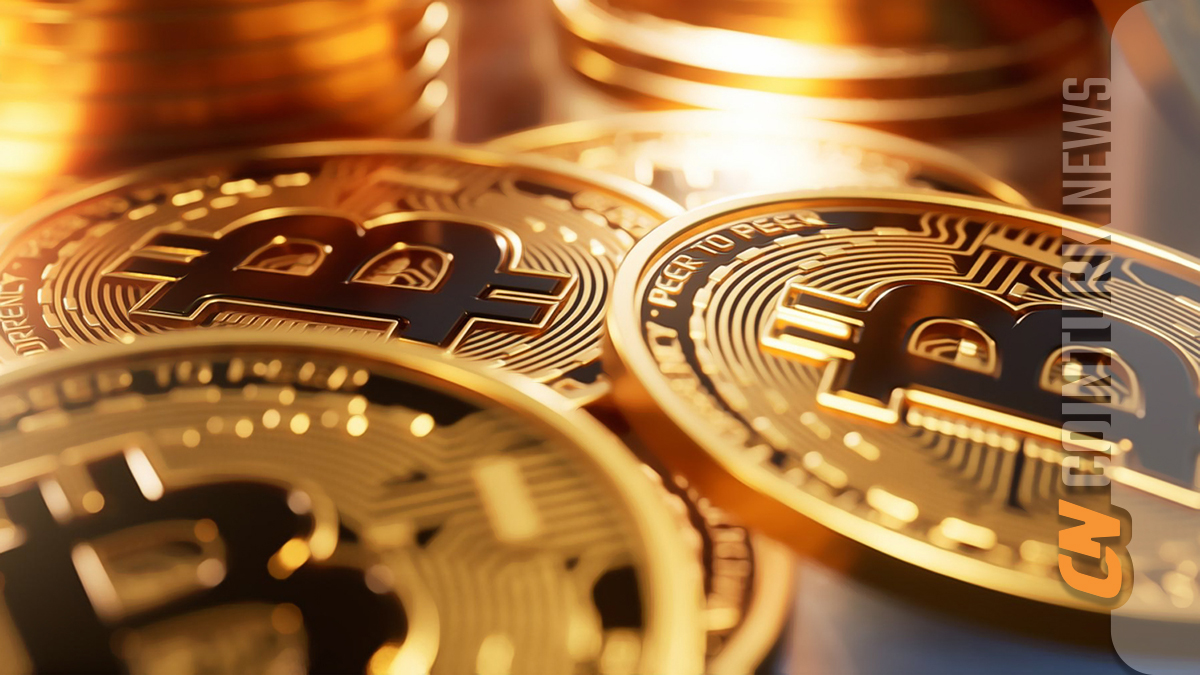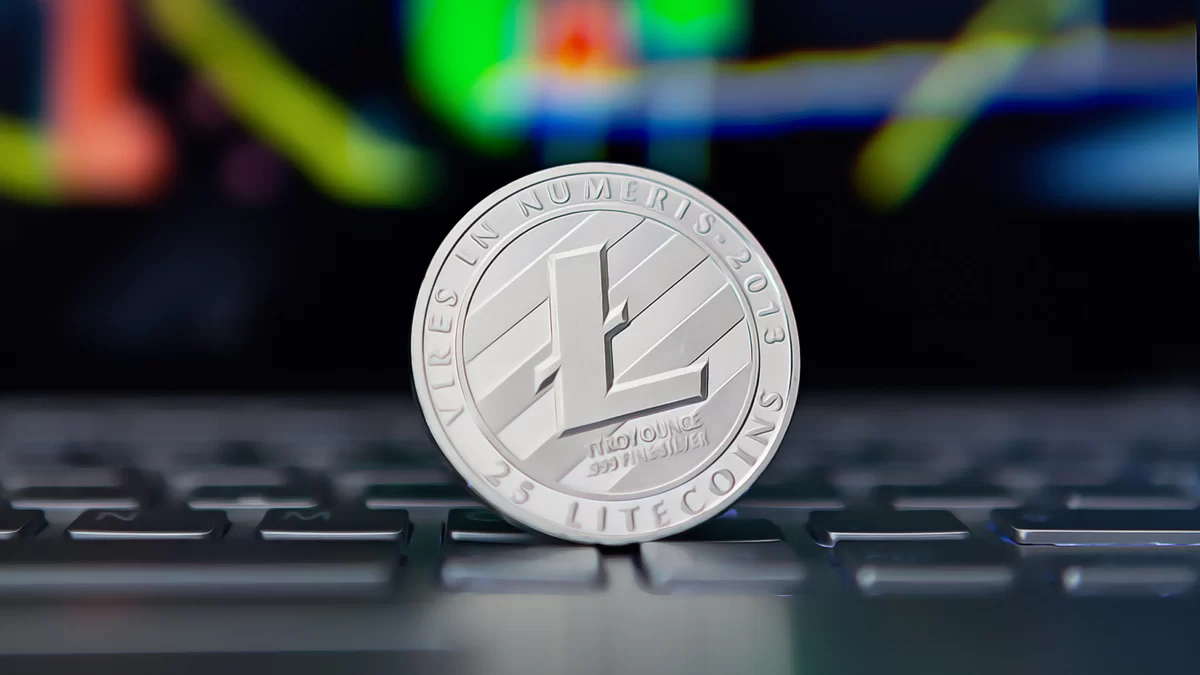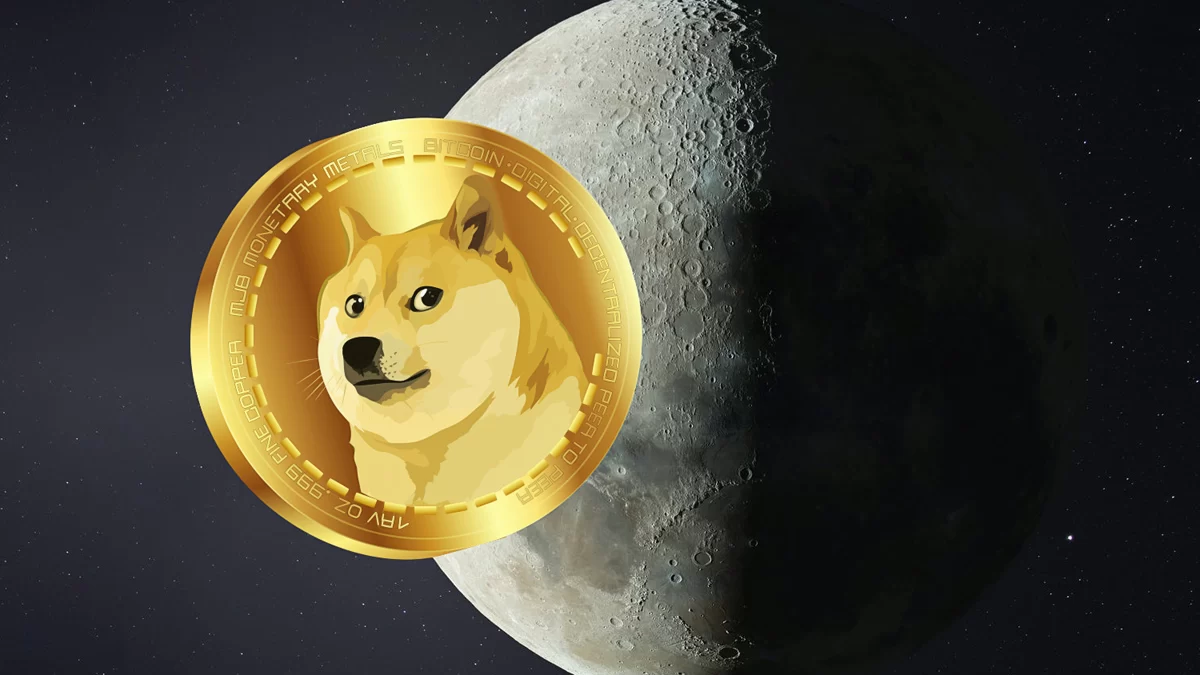Bitcoin (BTC), which was just an idea thrown around on an internet forum fifteen years ago, is today the largest digital asset with a market capitalization of $840 billion. The most recent historic development for Bitcoin is the green light given to 11 spot Bitcoin ETFs in the world’s largest economy, the USA. Andrew Peel, head of digital asset markets at Morgan Stanley, suggested that the spot ETF could indicate a possible paradigm shift.
Spot Bitcoin ETFs May Have Opened the Door to a Paradigm Shift
Andrew Peel, head of digital asset markets at Morgan Stanley, pointed out that the trading volume of stablecoins is rivaling payment networks like PayPal and Visa, while the adoption of Bitcoin in the form of spot ETFs by Wall Street could potentially indicate a paradigm shift in the global perception and usage of digital assets.

In a note to investors, Peel discussed the general threat to the current reign of the US dollar as the world’s reserve currency, given that 60% of global foreign exchange reserve balances are held in US dollars. Despite China’s recent efforts to increase its foreign trade, Peel emphasized that the Chinese yuan only makes up 2.5% of global foreign exchange reserves, underlining the clear lead of the US dollar.
However, Peel noted that various de-dollarization campaigns, including the “notable” worldwide adoption of Bitcoin, could affect the US dollar’s top spot. He highlighted that major companies like Tesla and sovereign nations such as El Salvador, as well as 100 million people worldwide owning Bitcoin (claiming there are Bitcoin ATMs in 82 countries), are significant factors.
Stablecoins Could Be the Killer App of Crypto
On the other hand, Peel stated that the trading volume of stablecoins has recently emerged as a serious competitor against traditional payment networks like Visa and PayPal, suggesting that stablecoins could be the “killer application” of cryptocurrency.
As is known, both Visa and PayPal have made significant moves into the stablecoin space recently. Visa has joined forces with Solana (SOL) and stablecoin USD Coin (USDC) to increase the speed of cross-border payments, while PayPal has taken significant steps towards adopting stablecoins with its own PayPal USD (PYUSD).









